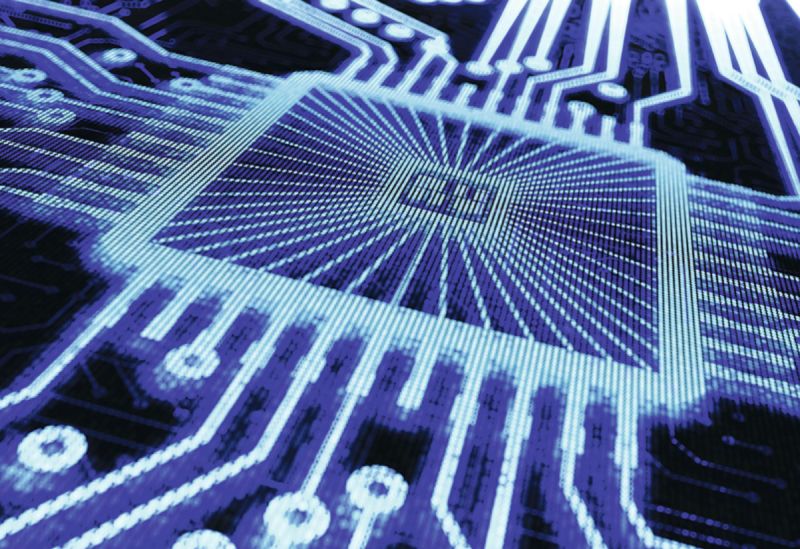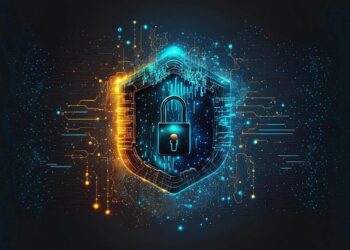Analyzing and solving the challenge of cybersecurity is critical to the global economy, the National Security Agency director said during the U.S. Chamber of Commerce Cybersecurity Summit here today.
U.S. Army Gen. Keith Alexander, who also heads U.S. Cyber Command and the Central Security Service, discussed the costs and consequences of cybersecurity issues on commerce during his keynote address at the summit.
Well-known, seemingly invulnerable companies such as Symantec, L3, Sony, Google, Visa and even the U.S. Chamber of Commerce itself have been hacked, Alexander said, noting that even the military and government agencies have fallen prey to hackers.
“Either you know you’ve been hacked, or you’ve been hacked and you don’t know you’ve been hacked,” Alexander said. The greatest threats stem from theft of intellectual property, and disruptive attacks, Alexander said, citing examples since May 2007 that include attacks against Estonia, Georgia, Latvia and Lithuania.
“Distributed denial of service attacks … are gaining in momentum, intensity and frequency,” he said, emphasizing the urgency of defending the United States from attacks and exploitation.
Industry partnership with government agencies such as the Defense Department, Department of Homeland Security, and Federal Bureau of Investigation to counter threats will be a critical component of fortifying cybersecurity, Alexander said, noting that U.S. should develop the solution.
“Our country … built this Internet and all the stuff that goes with it, and it is absolutely superb,” Alexander said. “We’re the nation that developed the Internet; we ought to be the first to secure it.”
According to Alexander, last year, the average number of emails sent per day was 419,000 billion, or about 70 emails per person. Additionally, there were 4.7 billion Google searches per day and still billions of steadily increasing bytes of global traffic, the general explained.
From a commerce perspective, the growth of new major companies in less than a decade demonstrates the importance of protecting intellectual property and proprietary information, Alexander said. The general offered compelling examples of growth and how quickly it could have been stymied if privileged information had been compromised.
In 2002, he said, Amazon was worth $851 million, compared to $12.83 billion today. Apple, worth $5.7 billion in 2002, is now worth a staggering $148 billion today. Google, worth $3.1 billion in 2004, is now valued at $43 billion in 2012, he said. “The value … is extraordinary,” Alexander said, adding that the government depends on similar networks to defend the country.
“If we’ve all been hacked, that means that we can all be attacked, and if we can be attacked, we have a vulnerability that … is critical to the operation of this country,” the general said.
Education, training and a defensible architecture such as cloud computing, however, can help steel government networks from such vulnerabilities, Alexander explained. “The cloud … has tremendous opportunities for a more defensible architecture,” Alexander said. “So … the Defense Department and the [intelligence] community moving to a thin, virtual client approach makes a lot of sense.”
Alexander also noted the importance of military, government and industry developing a common view of cyberspace issues and their solutions. “We have to have that understanding, especially when you talk to your [chief executive officers] and others about the solutions that you’re trying to put in there,” he said.










